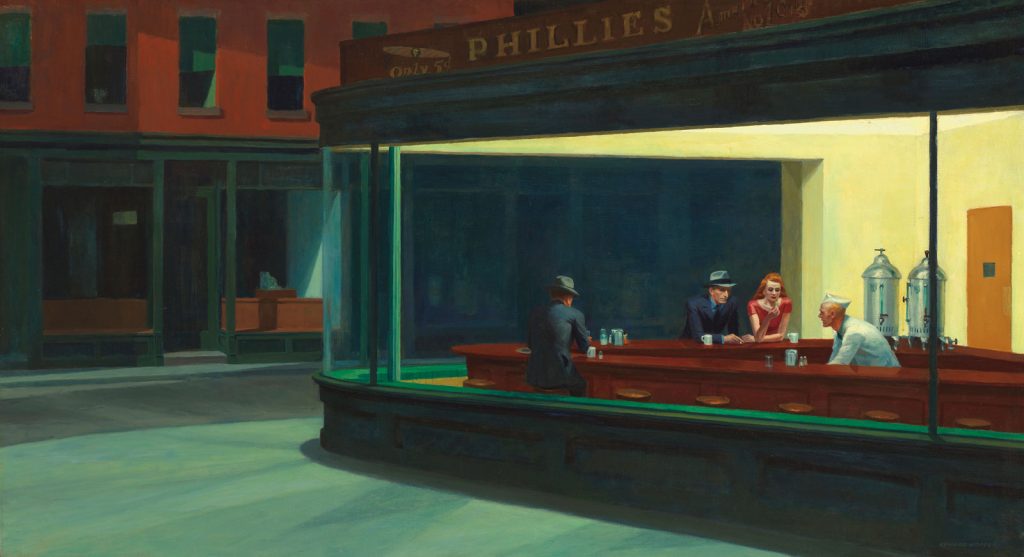Why human enhancement should be legal.
As time progresses, so does its technology. One of these new emerging technologies is human enhancement. As this is a new technology, some question its use and its side effects. However, this essay will discuss the several positive effects which should make human enhancement legal. Human enhancement should be legal because of its advancement of human evolution, its current positive use under a different name, and it’s more effective than natural selection.
A common concern about enhancement technologies is that their use might affect our humanity and transform us into something other than or even beyond human, thereby jeopardizing our species. However, these views are not rational and don’t look at the larger-scale impact of human enhancement. Sara Chan explains it perfectly in her article titled “Humanity 2.0?”, “In fact, the use of enhancements—genetic or otherwise—will not cause us to cease to be human or to lose the essential qualities of humanity indeed, enhancements and the desire to use them might be seen as an expression of our humanity. The advent of human genetic enhancement, then, signifies not the end of the human race, but rather, the next step in the continuing process of human evolution”.
Another reason why human enhancement should be legal is that elements of human enhancement are already in use and have a greatly positive impact. Sara Chan Gives a great example of this, “For example, many of us take dietary supplements to improve health and prevent disease, we supply prosthetic limbs to the disabled, participate in vaccination programs to enhance our natural immunity to infectious disease, use hearing aids or cochlear implants to treat deafness and use spectacles to correct defective vision, all of which represent enhancements”. here Sara list many positive medical treatments, all of which a widely accepted and appreciated. So if genetic human enhancement could to the same things, why would people be against it?
The last reason is the superiority over natural selection. As Sara Chan explains, we are still part of natural selection and natural is still part of human enhancement, “Even if we were to remove the influence of natural selection entirely, it would not necessarily mean the end of evolution—if by evolution we mean social change or cultural evolution—or the end of genetic change. In fact, although the collective human genome is not changing appreciably faster than it has in the past, the development of human society as a whole—that is, evolution in the cultural sense—is progressing faster than ever, and is constantly accelerating”.






